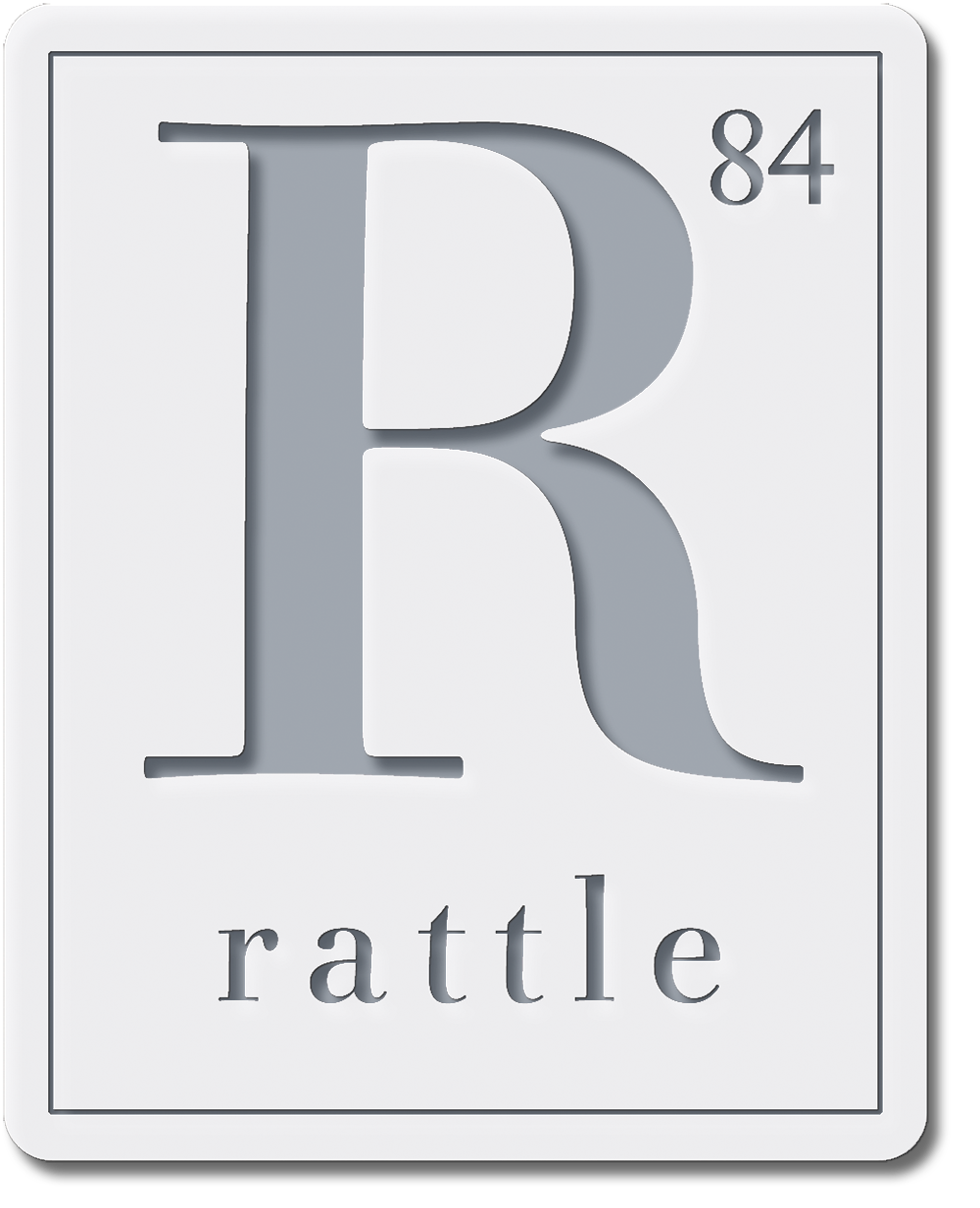KITE WEATHER
—from Rattle #35, Summer 2011
_________
Mather Schneider: “I am a 40-year-old writer who has been published in the small press since 1995. I live in Tucson, Arizona, and drive a cab for a living.” (web)


KITE WEATHER
—from Rattle #35, Summer 2011
_________
Mather Schneider: “I am a 40-year-old writer who has been published in the small press since 1995. I live in Tucson, Arizona, and drive a cab for a living.” (web)

BÉSAME EN ESPAÑOL
—from Rattle #81, Fall 2023
__________
José Medina: “I wrote this poem while translating famous German poems. I don’t speak German, so it was an experiment to translate a language that I did not understand at all. The result is this poem about translation and cross-cultural living.”

IN TODAY’S FANTASY: TREES, POEMS, AND SEX
—from Poets Respond
November 19, 2023
__________
Francesca Moroney: “Kenya’s plan to plant 100 million trees strikes me as an act of both great optimism and great mourning. The fact that our earth is in such dire need of replenishment merely underscores the extent of all that has been stripped from it. Sometimes it feels like that on a personal level, as well. No matter how much we plant, we will never find a way to compensate for all that has been lost. ” (web)

PASTEURIZATION
—from Rattle #38, Winter 2012
__________
Michael Meyerhofer: “The first time I read the poems in What the Living Do by Marie Howe, I was so blown away that I said something like ‘Holy shit…’ after pretty much every one. This was followed, naturally, by a desire to share those poems with everyone—and to try and pull off the same miracle, if humanly possible. There’s a lot to be said for making somebody so stunned (hopefully in a good way) by something as seemingly innocuous as writing that all they can do is raise their eyebrows and swear like a sailor.” (web)

MY DAD LOVES THE SMELL OF ASPHALT
Prompt: “From The Daily Poet by Kelli Russell Agodon and Martha Silano (Two Sylvias Press, 2013): April 13—‘In honor of Seamus Heaney’s birthday … write a poem about your native land … focus on details about … what your parents and/or grandparents did for a living.’”
—from Rattle #81, Fall 2023
Tribute to Prompt Poems
__________
Lisa Stice: “There are 365 prompts in The Daily Poet: Day-By-Day Prompts for Your Writing Practice by Kelli Russell Agodon and Martha Silano (Two Sylvias Press, 2013), and I have actually revisited the book several times, and so written two or three different poems per prompt. It’s a lot of fun!” (web)

ALMOST
—from Rattle #25, Summer 2006
__________
Mark Jarman: “It took me years to figure out that one of the biggest influences on me as a writer had been the fact that I lived in a house with someone who had to write something every week, get up in front of bunch of people, and basically perform it. It was my father writing sermons.” (web)

THE CHILDREN I’LL NEVER HAVE MAKE AN APPEARANCE
—from Rattle #81, Fall 2023
__________
Andrew Shattuck McBride: “I write poetry to help me figure things out, to understand how I’m feeling. The love of poetry was beaten out of me pretty much before I left for college. I never dreamed I’d write any poetry. In 2009, I was struggling to write an essay; it wasn’t crystalizing. I realized that my drafts contained poetic elements, so I recast the essay as a poem. The poem was much more successful, and I was hooked.”
